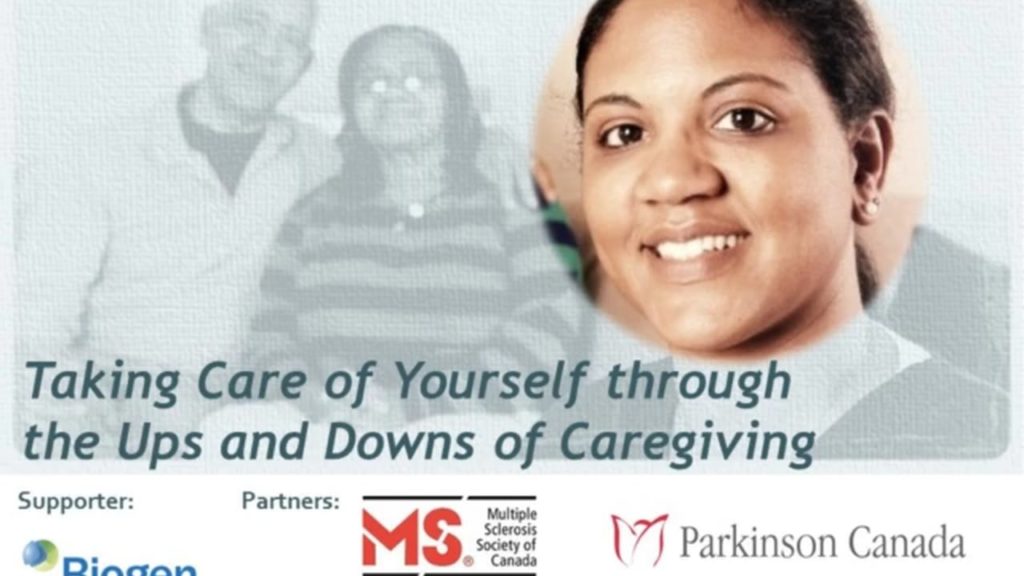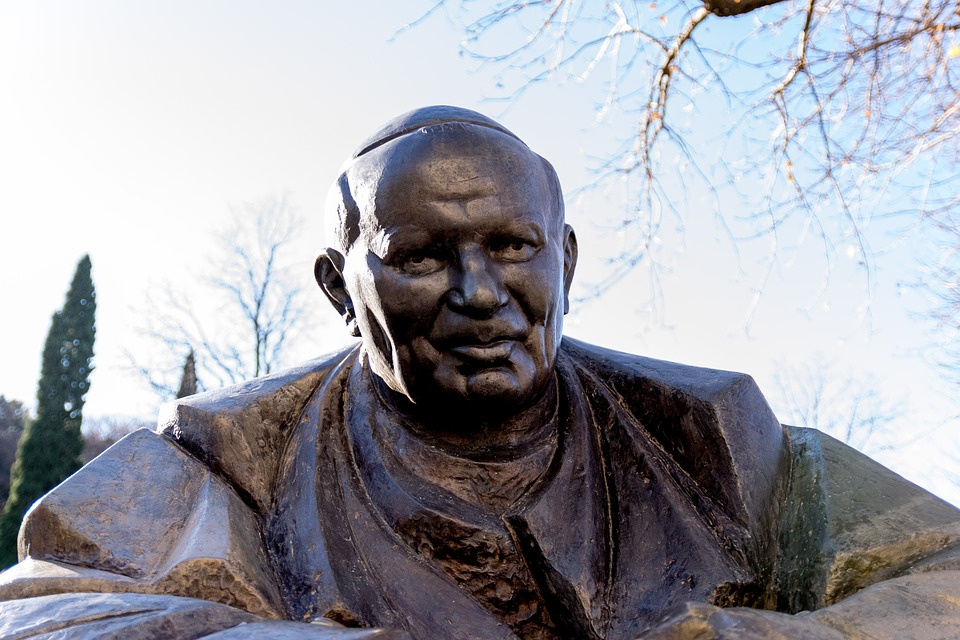Essential tremor is a type of uncontrollable shake or tremble of part of the body.
Most people with essential tremor experience a trembling, up-and-down movement of the hands.
The arms, head, eyelids, lips and other muscles can also be affected. A tremor in the voice box (larynx) may cause a shaky voice.
Essential tremor is usually more noticeable when you’re trying to hold a position or do something with your hands, such as write. It doesn’t always affect both sides of the body equally.
Essential tremor is a common movement disorder affecting around four out of 100 adults over 40 years of age. Some people only have a mild tremor at first, which usually gets more severe over time.
‘Normal’ tremor
Everyone has a very minor tremor when carrying out daily activities. For example, your hands will shake slightly when you hold them out in front of you. This is normal.
Sometimes, the everyday level of tremor can become more noticeable, particularly in older people. Noticeable tremor is also normal and it’s often caused by a raised level of adrenaline in the body, which can happen when a person is stressed, anxious or angry.
When does a tremor become a problem?
Essential tremor is more severe than normal tremor and it gradually gets worse over time. Eventually, the tremor may become so severe that carrying out normal, everyday activities can become difficult.
Certain things may temporarily increase any tremor, including:
tiredness caused by strenuous activity or lack of sleep
smoking
caffeine – from tea, coffee and some fizzy drinks
being very hot or cold
taking certain medicines – including some antidepressants and treatments for asthma
When to see your GP
It’s important to visit your GP if you experience frequent or severe tremors.
Although there’s no specific test to diagnose essential tremor, your GP can carry out a physical examination and may request further tests to rule out other conditions (see causes, below).
They’ll also ask about your personal and family medical history as part of their assessment.
Treating essential tremor
There’s no cure for essential tremor, but medicines can be used to help improve the symptoms in at least half of people with the condition.
In rare cases, a severe tremor may be treated with surgery if it doesn’t respond to medication.
Read more about treating essential tremor.
Inherited essential tremor
Essential tremor can run in families and research suggests it’s passed on by a faulty gene. At least half of people with the condition have a family member who also has it.
However, the age at which a tremor develops and its severity can vary greatly between different family members. Some people may also develop the faulty gene without inheriting it from either parent.
Other causes of tremor
There are a number of conditions which may cause tremor, including:
overactive thyroid (hyperthyroidism)
Parkinson’s disease, a long-term condition affecting the way the brain co-ordinates body movements
multiple sclerosis, a condition of the central nervous system (brain and spinal cord) affecting the senses and the body’s actions
dystonia, a range of movement disorders which cause involuntary muscle spasms
stroke, which very rarely may result in tremor with few other symptoms
peripheral neuropathy, where the peripheral nervous system is damaged
A tremor can also be one of the withdrawal symptoms for people who are dependant on alcohol and have stopped or reduced their alcohol intake.




